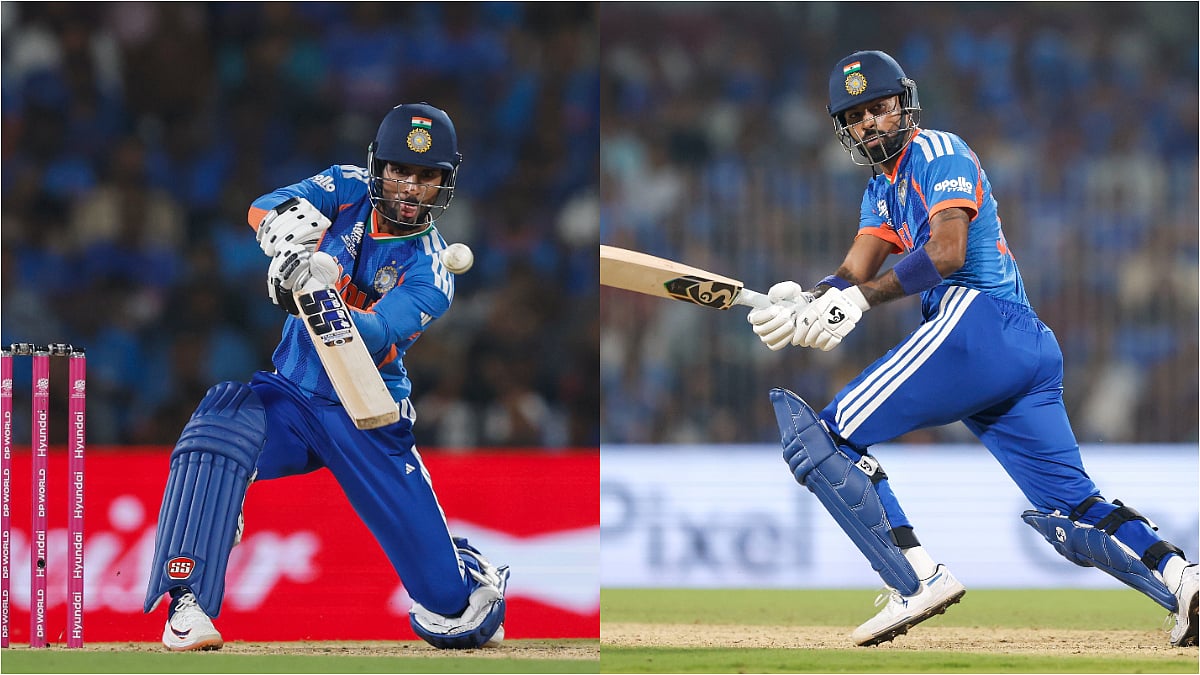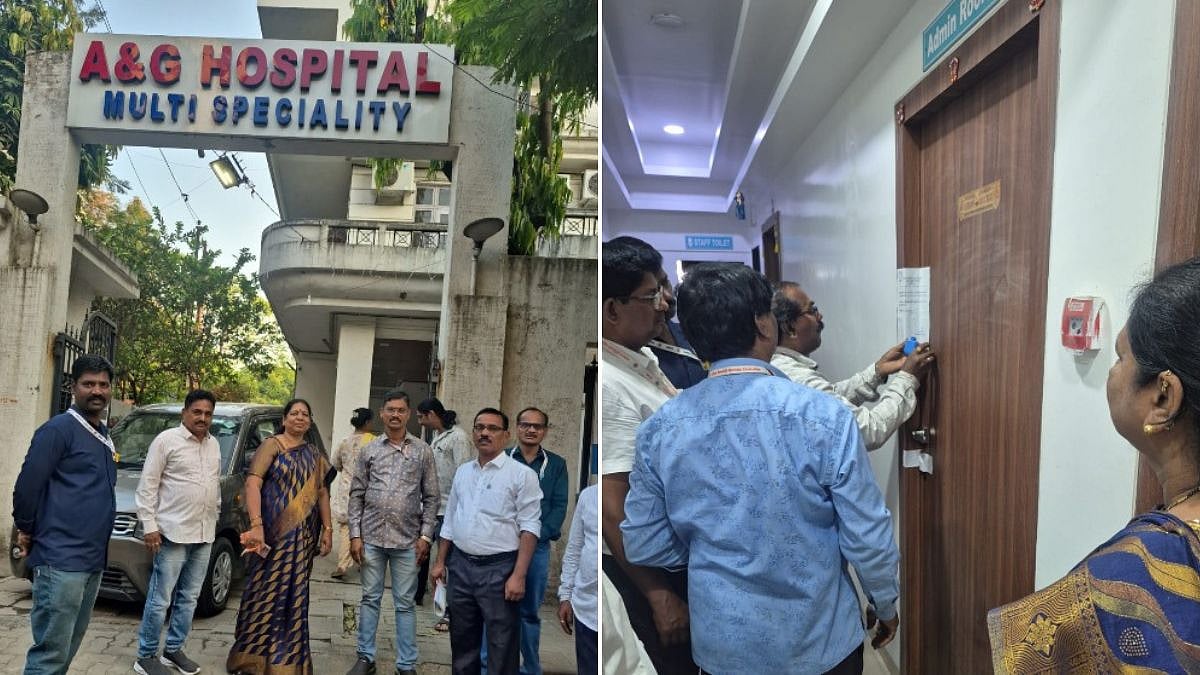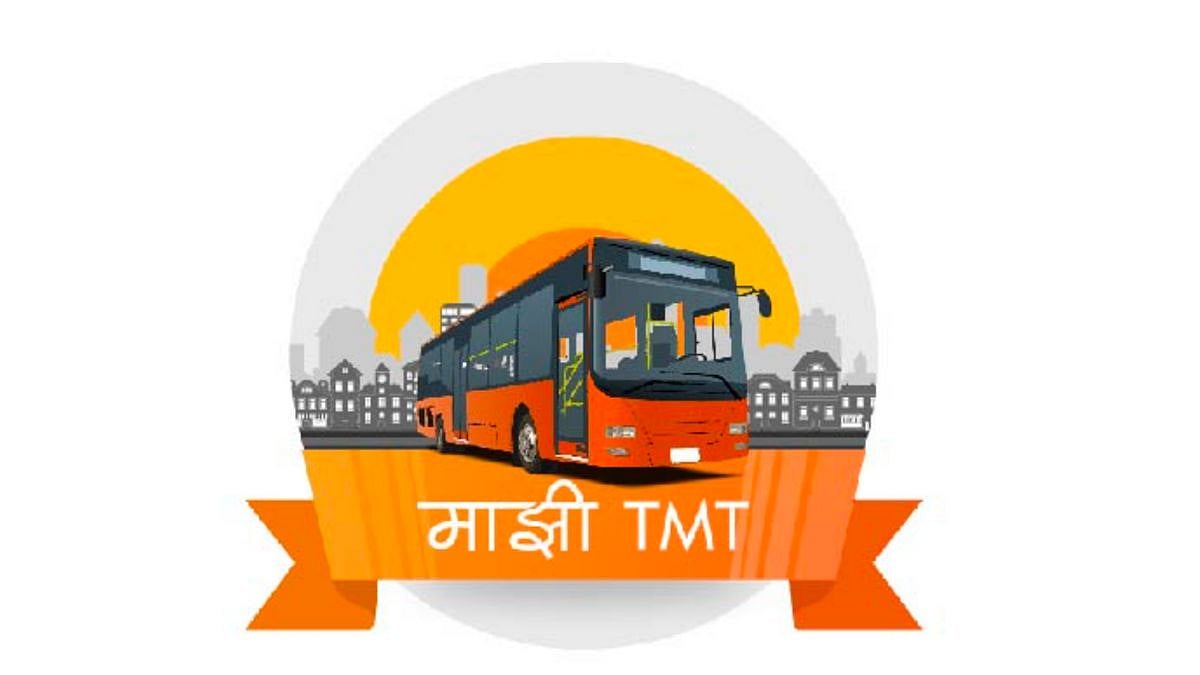The Bombay high court was informed on Wednesday that the NCB had wrongly arrested Aryan Khan, Arbaaz Merchantt, and Munmun Dhamecha, as the due procedure of law was not followed. The HC was further informed that the agency had violated the fundamental rights of the trio by not following due procedure.
A bench of Justice Nitin Sambre was hearing the bail applications filed by Aryan, Arbaaz, and Munmun through their respective advocates.
Senior counsel Amit Desai, arguing for Arbaaz pointed out that the trio was arrested on the identical grounds of consumption and possession, as their arrest memo stated the same. “However, suddenly before the magistrate court, the charge of conspiracy was highlighted, despite the fact that the arrest memo did not mention this charge. This means the agency has misled the magistrate court,” Desai argued.
The senior counsel further pointed out that section 41(A) of the CrPC provides an embargo on arrest in offences which have a maximum punishment of up to seven years. He also cited the landmark judgment of the Supreme Court, which in the case of one Arnesh Kumar, had ordered not to arrest people accused of offences that have maximum punishment till seven years. “Section 41 (A) is applicable in NDPS cases and as per this provision, all that the NCB had to do was to issue a notice to the trio and then leave them because the law is clear where bail is the rule and jail is an exception. But in this case, the agency seems to have made arrest the rule and bail an exception,” Desai argued, adding, “Recently, the Andhra Pradesh high court has, in a similar case, granted bail and held that 41 (A) is applicable on NDPS cases.”
“NCB has relied upon the alleged confessions made by my client that he had six grams of charas in his shoe. But all these are inadmissible in a court of law as evidence. Further, they are relying on the alleged WhatsApp chats which are not at all related to the present case. The agency cannot use old chats to claim that we were conspiring for the present cruise party,” he argued.
Further, Desai pointed out that two other accused, Avin Sahu and Manish Rajgharhia, were granted bail by the special court on Tuesday despite the fact that one of them was found in possession of 2.6 grams of ganja while the other confessed to having consumed drugs during the party on the cruise. “These are all children freshly out of the college, who want to experiment with the substance. They had boarded the vessel and even enjoyed and were arrested after their return but my client and the other two (Aryan and Munmun) did not even board the cruise,” Desai pointed out.
At this, Justice Sambre noted that one of them was given bail despite confessing to possessing drugs.
“The nub of the problem is that two accused were arrested with a commercial quantity and it is noted that none of the trio is related or in connection with any of the two separate persons. But the NCB claims that we all are connected and were conspiring,” Desai said.
During the arguments, Desai also cited a recent judgment of Punjab and Haryana High Court, which has held that WhatsApp chats are required to be certified under 65 B of the Evidence Act even at the stage of probe. “Even if the agency claims that the trio voluntarily handed over their cell phones, yet they haven’t issued any memo or panchnama of the same, which is again illegal,” Desai pointed out.
To this, Justice Sambre said that the United Kingdom had already done away with 65 B, which provides for certifying the authenticity of digital evidence.
“In our case, the arrest memo does not specify the grounds and facts on which the arrests were made. The law mandates informing the person about the grounds etc for his or her arrest. They had taken the cell phones that had all the alleged WhatsApp chats but didn’t inform the same to any of the three persons arrested. This is a clear violation of Article 22 and Article 21 of the Constitution of India,” senior counsel Mukul Rohatgi argued.
Meanwhile, Advocate Ali Kaashif Khan for Dhamecha pointed out that his client was along with one Soumya Singh in the room, when the NCB raided. “They found over five grams of charas from Soumya’s luggage and nothing from my client, yet they arrested her and let the former walk scot-free.”
The bench will continue hearing the arguments of ASG Anil Singh for the NCB on Thursday.





